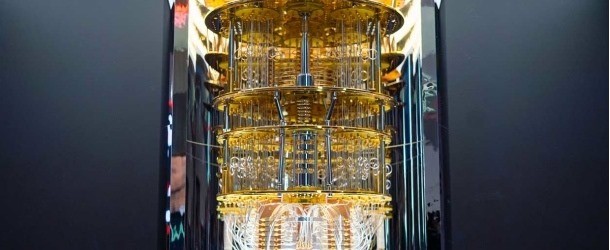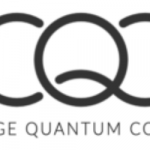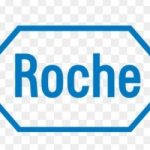Germany Aerospace Center Using Quantum Computer to Conduct Research to Develop Batteries & Fuel Cells

(SpaceDaily) The German Aerospace Center (Deutsches Zentrum fur Luft- und Raumfahrt; DLR) is conducting research into new materials for more powerful batteries and fuel cells by using a quantum computer to simulate electrochemical processes within energy storage systems. This makes it possible to design the materials used in such a way that the performance and energy density of batteries and fuel cells increase significantly.
The special thing about QuESt (Quantencomputer Materialdesign fur elektrochemische Energiespeicher und -wandler mit innovativen Simulationstechniken; Quantum computer material design for electrochemical energy storage systems and converters with innovative simulation technology) is that it uses quantum computers for a highly application-oriented task in materials research. QuESt thus combines both fundamental and applied research in the field of energy storage.
In these simulations, the DLR scientists compare the quantum chemical interactions that occur with various novel materials and electrode structures. They are aiming to achieve the highest possible chemical bonding energies for electrons in batteries. In fuel cells, hydrogen and oxygen should react with each other as efficiently as possible.
With the help of a quantum computer, the researchers study how atoms and molecules interact with the different electrode materials in batteries and fuel cells. “Quantum simulations have the potential to revolutionise computer-aided materials design. We want to use them to optimise the chemical compositions of the electrodes and their microscopic structure,” says Horstmann.
“A quantum computer enables us to study the quantum-chemical processes occurring at the electrodes of batteries and fuel cells with the utmost precision. We are conducting research to find out the best way of programming our quantum computer for that purpose,” says Sabine Wolk of the DLR Institute of Quantum Technologies.
The QuESt project is using the Fraunhofer Society’s IBM quantum computer, which is funded by the German Federal State of Baden-Wurttemberg. This uses very small, superconductive coils, referred to as Josephson junctions, as qubits.























